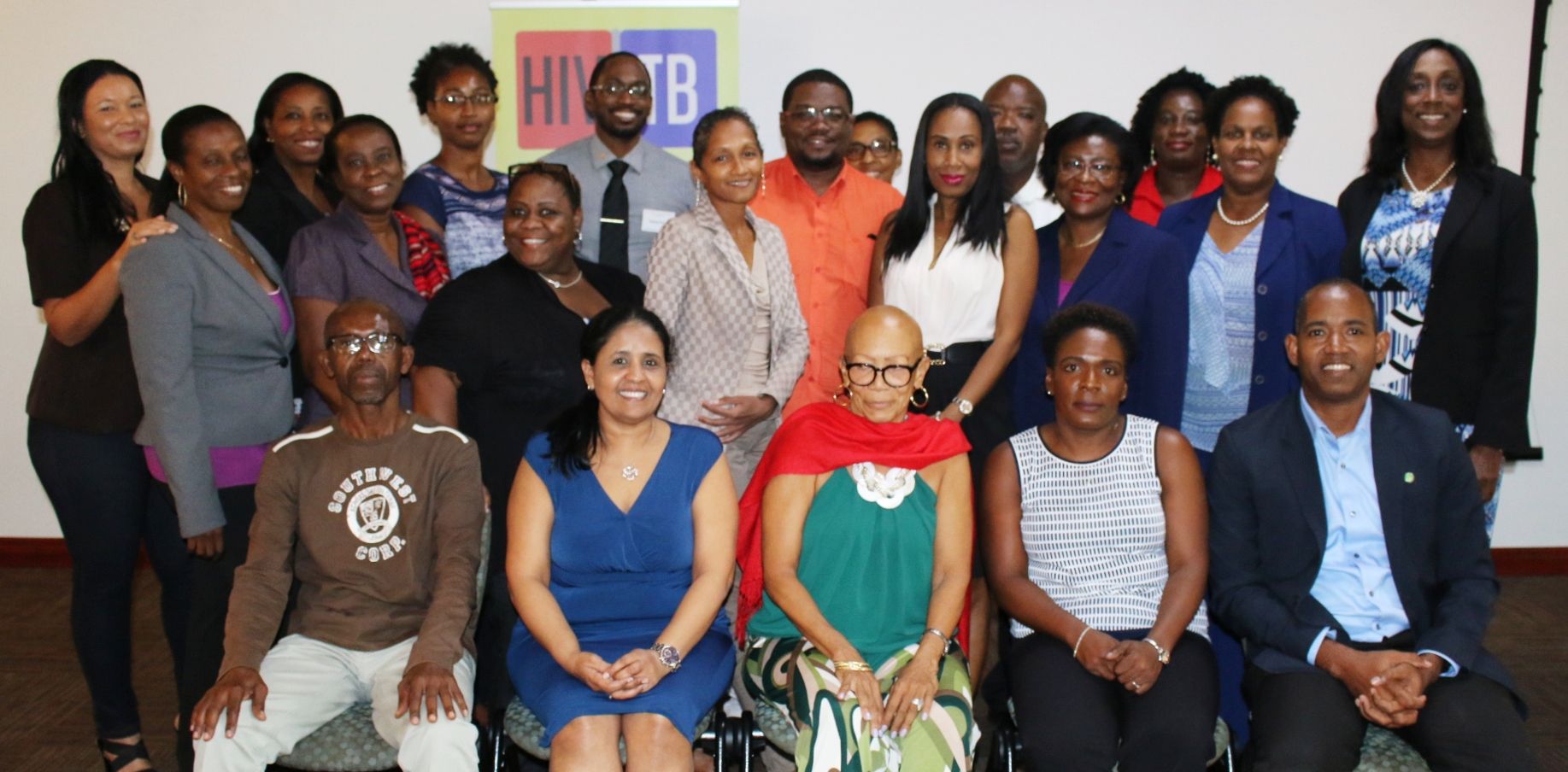OECS Continues to Strengthen Treatment and Care of HIV-TB Patients
OECS Media Release
As part of its strategic goal of eliminating Tuberculosis (TB), in accordance with the framework for low incidence countries, the OECS HIV TB Elimination Project is steadfast in its efforts to strengthen treatment, care and support initiatives.
A major part of this goal continues to be the development of clinical guidelines to manage the care of patients with TB, TB/HIV. To this end, the Project recently held a two-day regional workshop in Saint Lucia from October 16-17th 2017 to review the new draft TB/HIV treatment guidelines for the OECS region.
The workshop entailed the thorough review of the draft guidelines led by leading clinicians for TB and HIV, pharmacists, nurses, academics, laboratory managers and members of civil society. These guidelines were produced by the Technical Working group on TB/HIV for the OECS region and will be further reviewed post workshop by experts from regional partners such as the Pan American Health Organization (PAHO).
The production of the new HIV/TB guidelines entails several benefits to countries in the OECS region:
-
Programme standardisation
There is now added capacity for standardisation in the clinical management of TB, TB/HIV and also the opportunity to make programmatic changes to align with the increasingly integrated TB and HIV programmes.
This augurs well for health systems strengthening and providing integrated care at all levels.
-
Benchmark implementation
These guidelines provide an opportunity to set benchmarks for laboratory diagnostics and testing for TB, TB/HIV so that they are in line with international standards.
-
Harmonisation
Guidelines will also help to harmonise the treatment of HIV and TB patients and are aligned with the recently updated OECS HIV/STI guidelines 2017.
The OECS region is one step closer to having optimal clinical and programmatic standards for the treatment, care and support of patients with TB and TB/HIV.
The HIV/TB Elimination Project remains resolute in achieving the strategic goal of TB Elimination in the OECS region by 2050 and AIDS by 2030.





